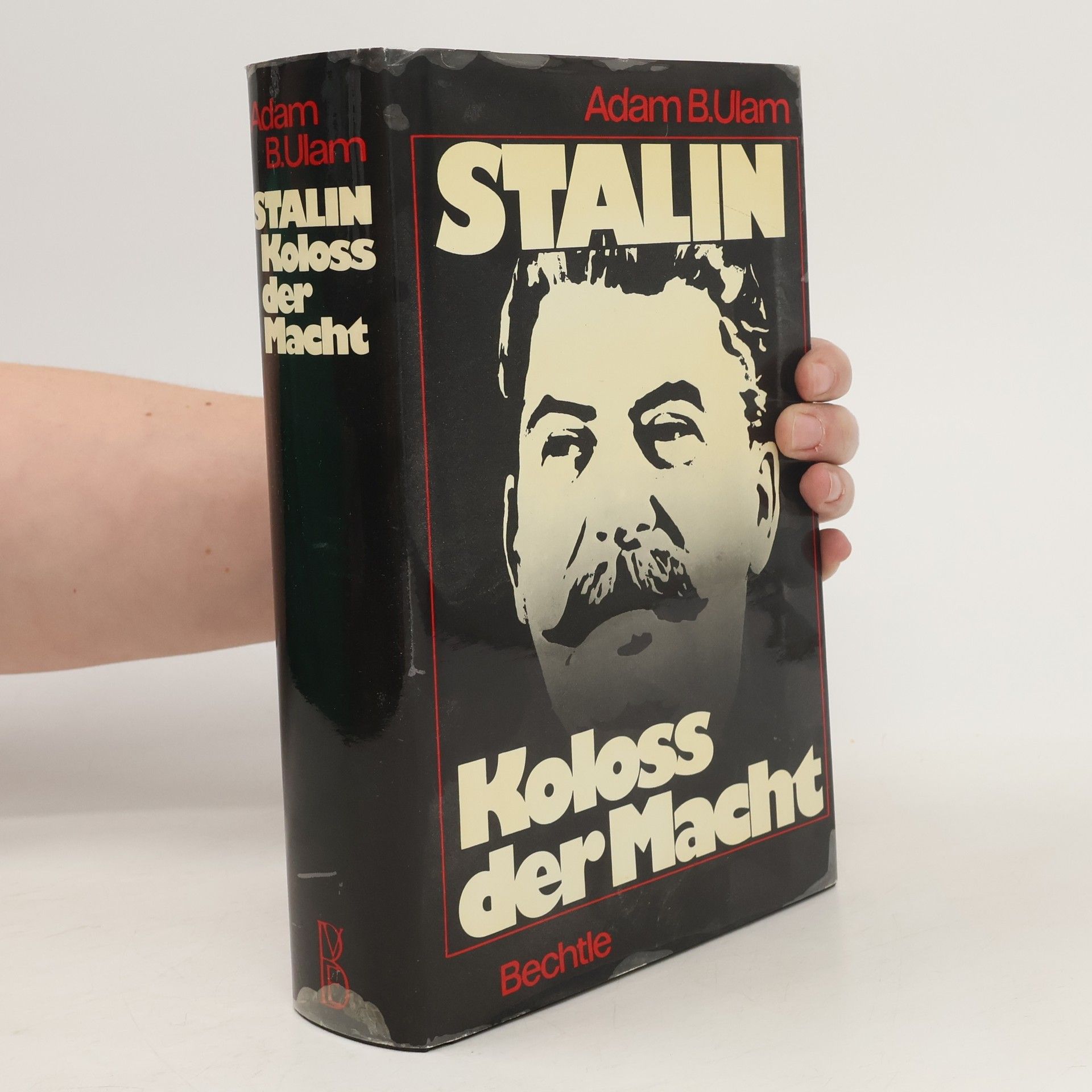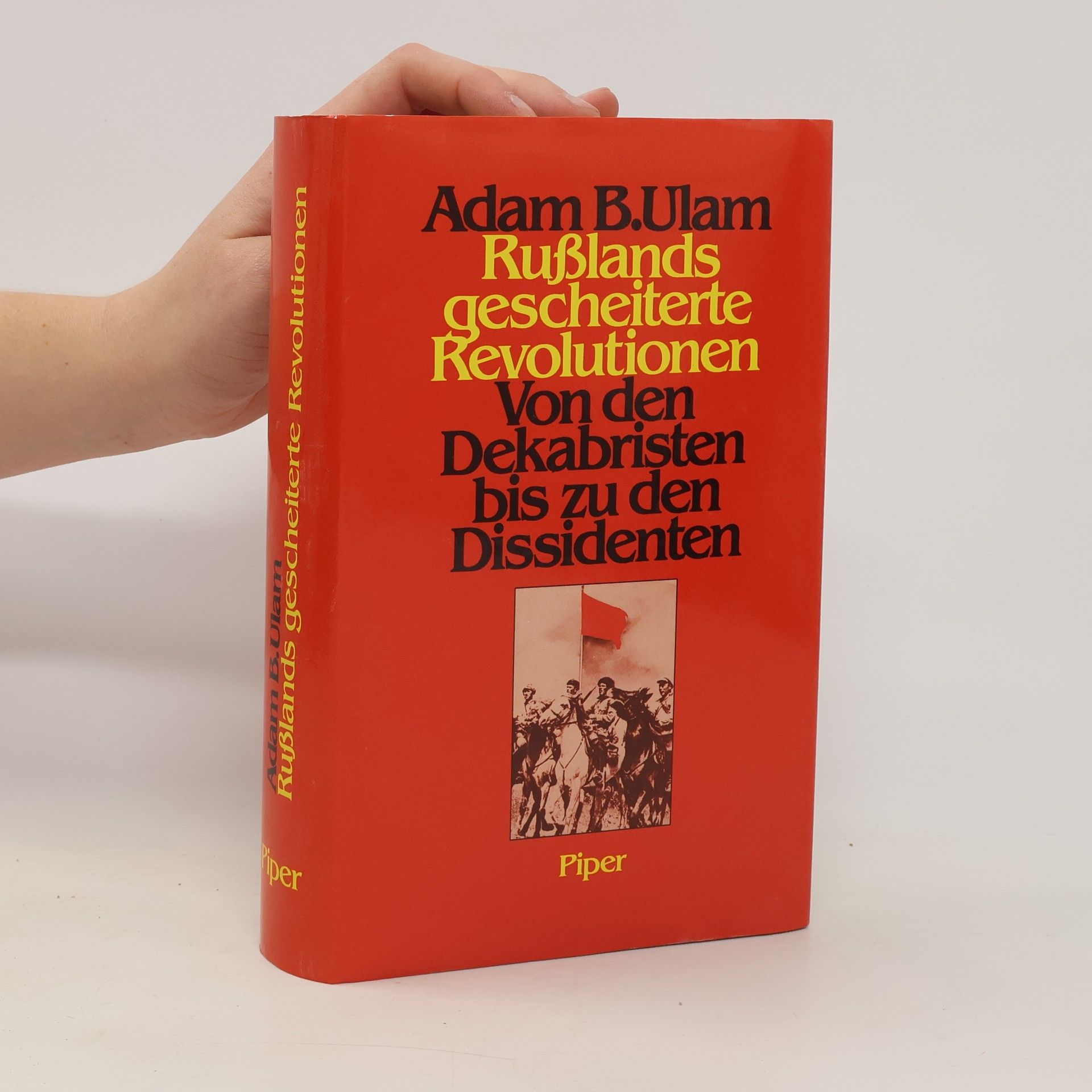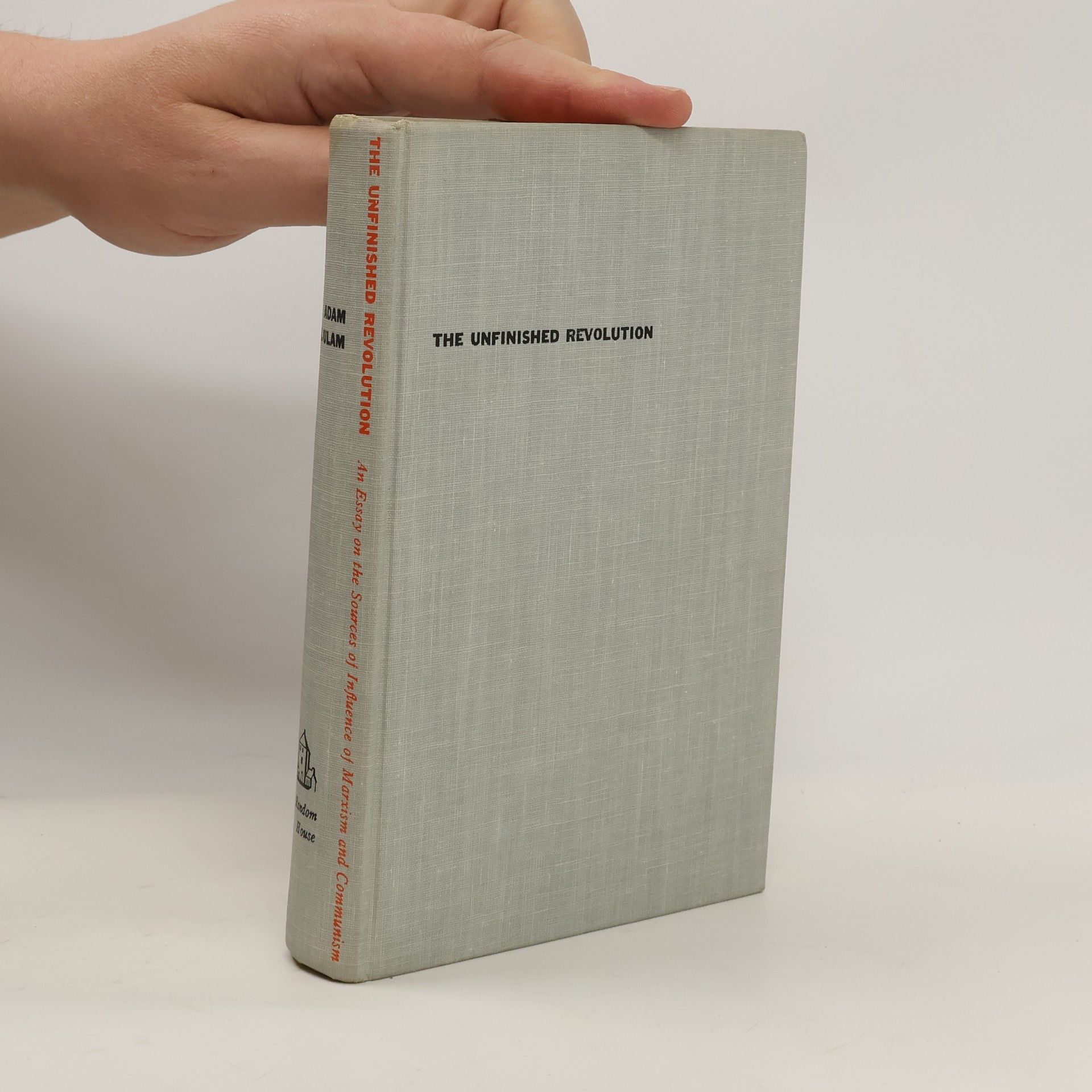Adam B. Ulam Libros
April 8, 1922 – March 28, 2000
Adam Bruno Ulam fue un historiador y politólogo polaco-estadounidense, reconocido como una de las máximas autoridades mundiales en Rusia y la Unión Soviética. Autor de numerosos libros y artículos, profundizó en la compleja historia y política de Europa del Este. El enfoque de Ulam ofreció a los lectores una perspectiva única sobre los eventos cruciales y las corrientes intelectuales que dieron forma a la región. Su obra proporcionó una comprensión profunda de las fuerzas que impulsan esta parte vital del mundo.


